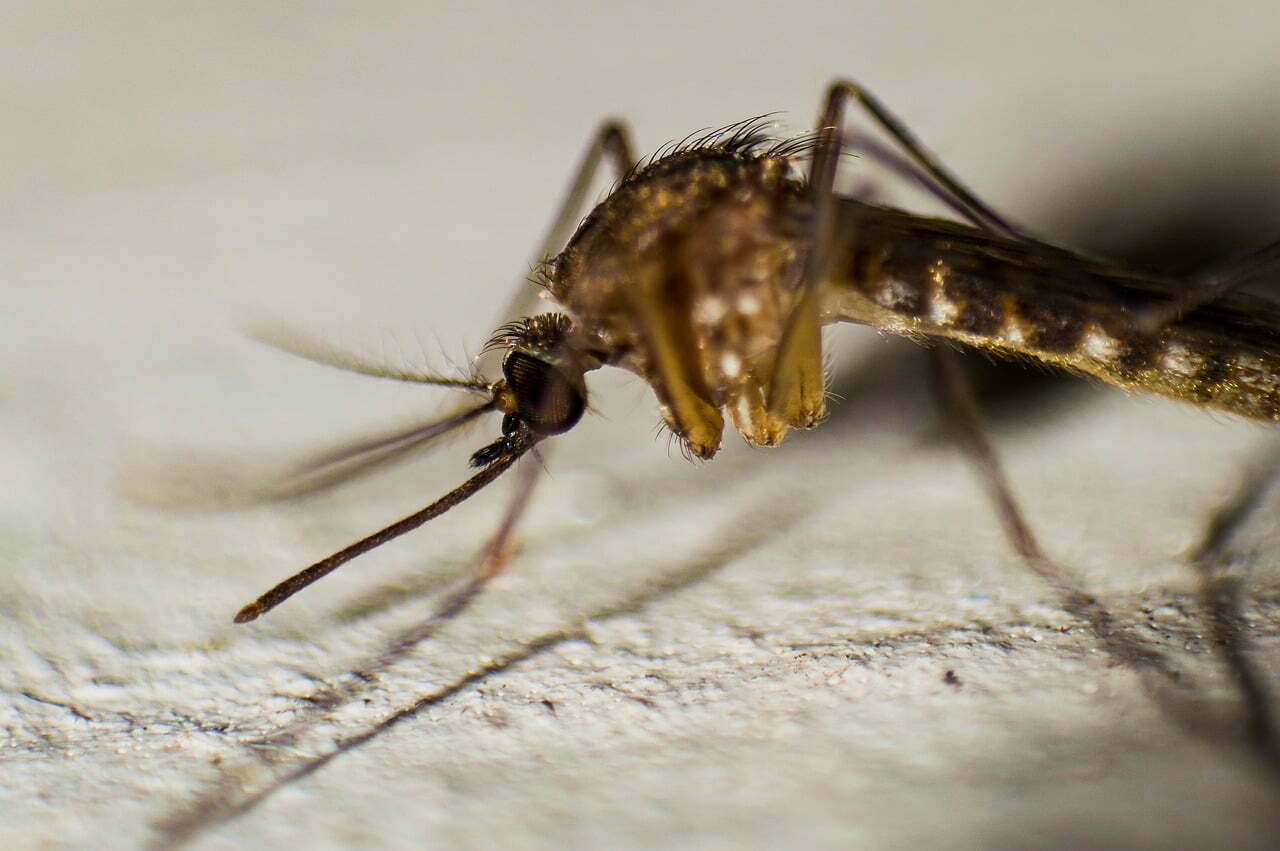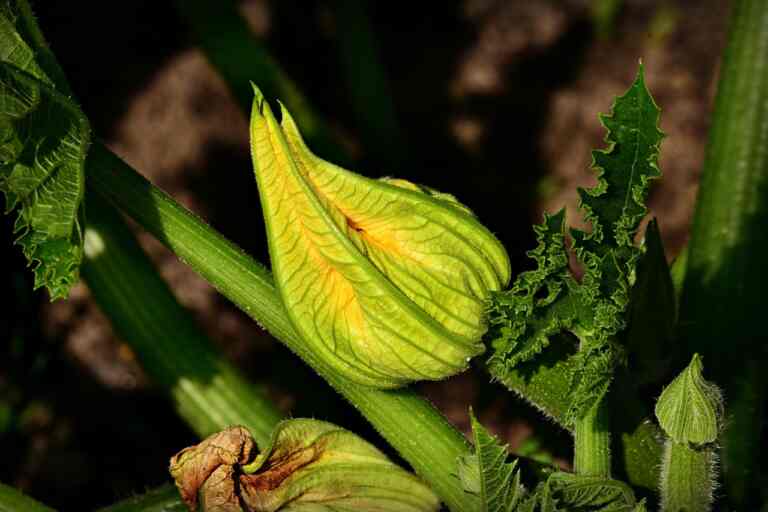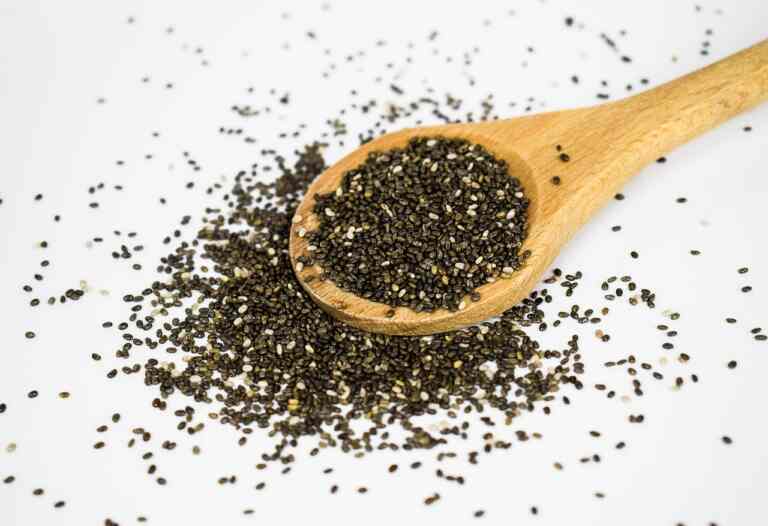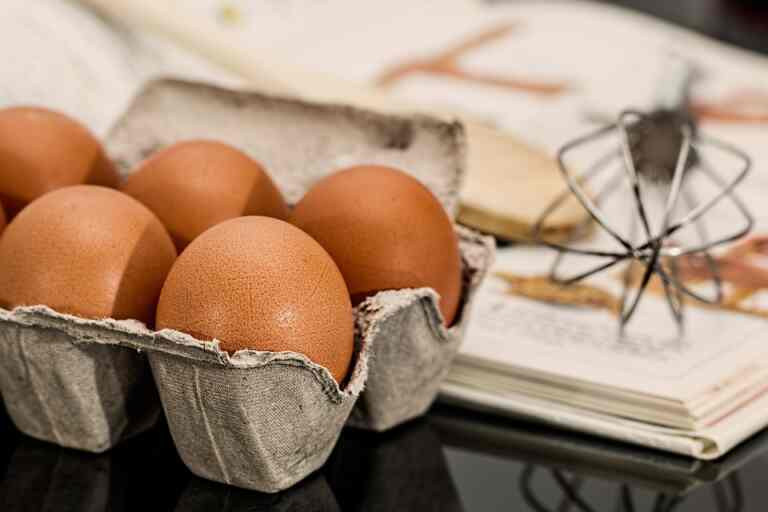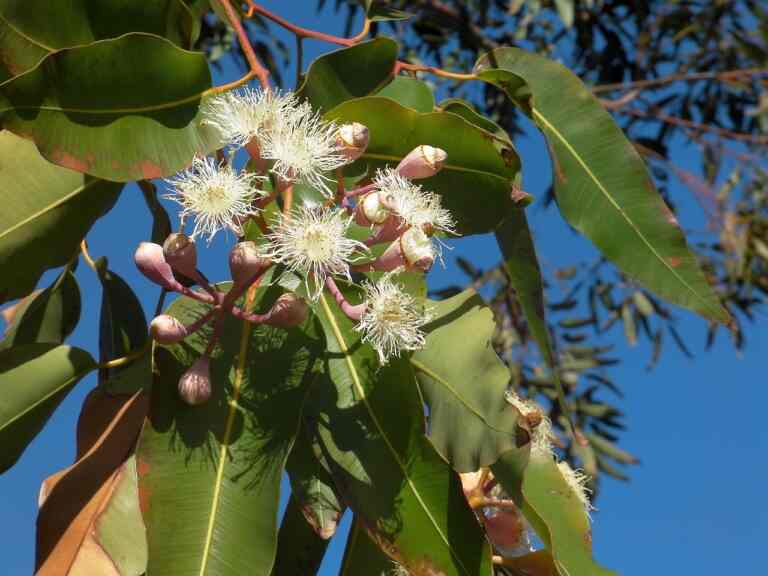What food to eat in dengue?
When someone is diagnosed with dengue fever, it’s crucial to focus on a diet that helps support their recovery and alleviate symptoms. While there isn’t a specific antiviral diet for dengue, here are some general guidelines on what foods to eat during dengue:
- Hydration: Dengue can cause severe dehydration due to fever and sweating. Drinking plenty of fluids is essential. Opt for water, oral rehydration solutions, coconut water, clear broths, and herbal teas. Avoid caffeinated and alcoholic beverages.
- Fruits: Fresh fruits rich in vitamins and minerals can help boost your immune system and provide necessary nutrients. Try soft fruits like bananas, papayas, and watermelon. These are easy to digest and gentle on the stomach.
- Vegetables: Light, cooked vegetables like carrots, pumpkin, and spinach can be included in your diet. These provide vitamins and minerals without being too harsh on the digestive system.
- Protein: Lean protein sources like chicken, fish, and tofu can help with tissue repair. These should be well-cooked and not too spicy.
- Rice and Toast: Plain white rice and whole-grain toast can provide a good source of carbohydrates, which can give you energy without straining your stomach.
- Ginger and Turmeric: These spices have anti-inflammatory properties and can help alleviate some symptoms. Consider adding them to soups or teas.
- Avoid Spicy and Fried Foods: Spicy, oily, and fried foods can irritate the stomach and worsen digestive issues. It’s best to avoid them until you’ve fully recovered.
- Small, Frequent Meals: Instead of large meals, try eating smaller, more frequent meals throughout the day. This can help prevent nausea and discomfort.
- Rest: While not a food, getting plenty of rest is essential for recovery. Your body needs energy to fight off the infection.
- Consult a Healthcare Professional: If you’re diagnosed with dengue, it’s crucial to follow your doctor’s recommendations regarding your diet and treatment plan.
Remember that dengue can cause a loss of appetite and nausea, so it’s important to prioritize hydration and easily digestible foods during the acute phase of the illness. As you start to recover, you can gradually reintroduce a wider variety of foods into your diet. Always consult with a healthcare professional for personalized advice on managing dengue fever.
Is apple safe in dengue fever?
Yes, apples are generally considered safe to eat during dengue fever. In fact, apples can be a good choice because they are easy to digest and provide essential nutrients like vitamins and dietary fiber.
When someone has dengue fever, it’s important to maintain proper nutrition and hydration to support the body’s immune response and recovery. Apples can contribute to this by providing:
- Vitamins: Apples contain vitamins like vitamin C, which can help support the immune system.
- Dietary Fiber: Apples are a good source of dietary fiber, which can aid in digestion and prevent constipation, a common issue during illnesses.
- Hydration: Apples have a high water content, which can help maintain hydration.
- Easily Digestible: Apples are easy to digest and are unlikely to irritate the stomach.
However, it’s essential to remember that individual tolerance to foods can vary during illness. If you find that apples or any other food causes discomfort, nausea, or worsens your symptoms, it’s best to avoid them and consult with a healthcare professional for personalized dietary recommendations.
In general, maintaining a well-balanced diet that includes a variety of fruits, vegetables, lean proteins, and fluids is important for supporting recovery during dengue fever.
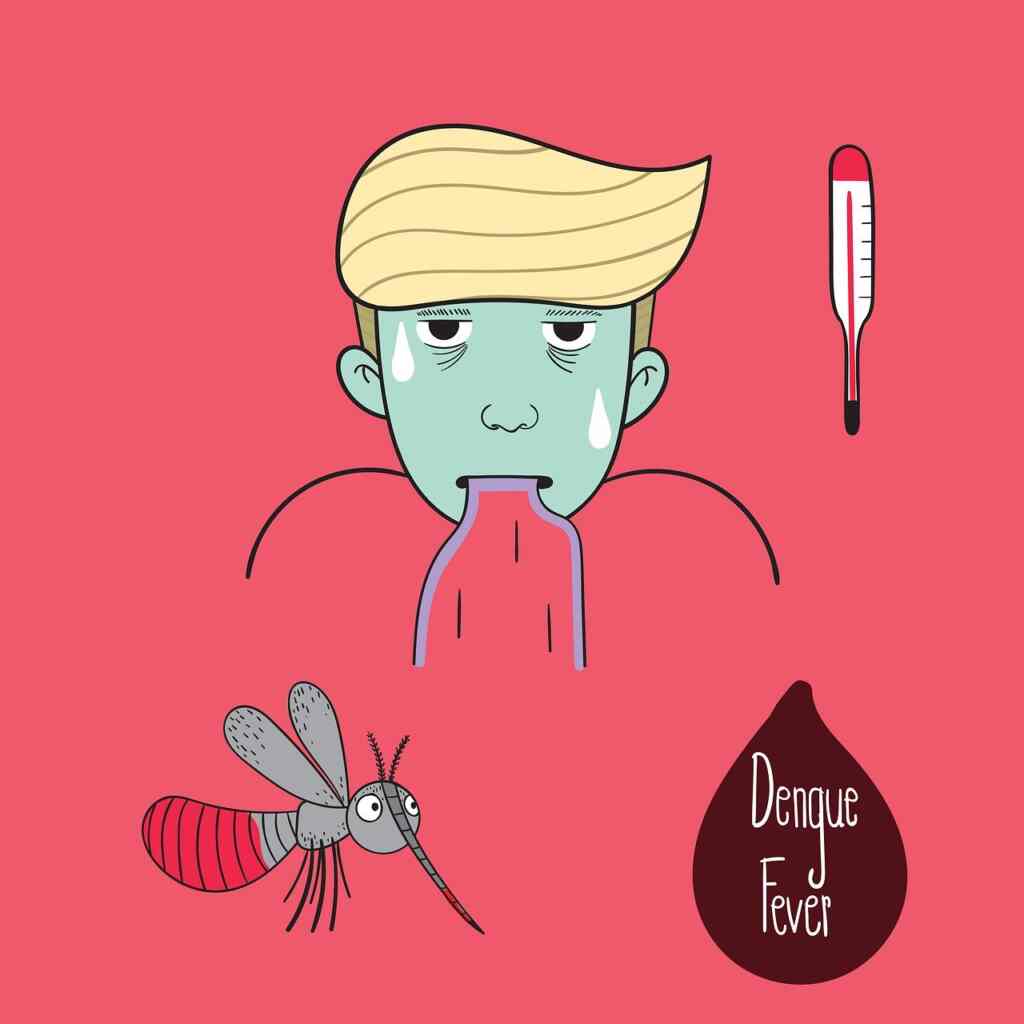
What food to avoid in dengue fever?
When you have dengue fever, it’s essential to avoid certain foods that can exacerbate your symptoms or make you more uncomfortable. Here’s a list of foods and beverages to avoid during dengue fever:
- Spicy Foods: Spicy foods can irritate your stomach lining and may worsen nausea and digestive discomfort. It’s best to avoid spicy dishes and condiments.
- Fried and Greasy Foods: High-fat and greasy foods are difficult to digest and can lead to stomach upset. Avoid fried foods like French fries, fried chicken, and fatty cuts of meat.
- Citrus Fruits: While fruits like oranges and grapefruits are generally healthy, their acidity can sometimes exacerbate mouth ulcers, which can occur during dengue fever. It’s best to avoid highly acidic fruits during the acute phase.
- Caffeinated Beverages: Coffee, tea, and caffeinated sodas can contribute to dehydration, which is a concern during dengue fever. They may also worsen restlessness and anxiety.
- Alcoholic Beverages: Alcohol can dehydrate the body and weaken the immune system. It’s important to avoid alcoholic drinks during illness.
- Sugary Foods and Beverages: High-sugar foods and drinks can lead to energy spikes and crashes, which may not be helpful when you’re already feeling weak. Additionally, they can contribute to inflammation.
- Processed and Junk Foods: Highly processed foods like chips, sugary snacks, and fast food should be avoided. They often lack nutrients and can be hard on the digestive system.
- Shellfish and Raw Seafood: Raw or undercooked seafood can pose a risk of foodborne illnesses, which can be particularly dangerous when your immune system is compromised.
- Dairy Products: Some people with dengue fever may have difficulty digesting dairy products. If you experience lactose intolerance symptoms like bloating or diarrhea, it’s best to avoid dairy temporarily.
- Large, Heavy Meals: Instead of large meals, opt for smaller, more frequent meals to prevent overloading your digestive system.
- Hot and Spicy Condiments: Avoid hot sauces, chili peppers, and spicy condiments, as they can irritate the stomach.
- Unwashed or Raw Vegetables: Ensure that vegetables are thoroughly washed and cooked to reduce the risk of foodborne illnesses.
Remember that individual reactions to foods can vary, so it’s important to pay attention to how your body responds to different foods during your illness. Focus on staying hydrated with clear fluids and consuming easy-to-digest, nutritious foods to support your recovery. If you have severe symptoms or concerns about your diet, consult with a healthcare professional for personalized guidance.
What is the balance diet in dengue fever?
A balanced diet during dengue fever is essential to help your body fight the infection and recover more quickly. Here’s a guideline for a balanced diet during dengue fever:
- Hydration: Staying hydrated is crucial. Drink plenty of fluids, including water, oral rehydration solutions, and coconut water, to replace fluids lost due to fever and sweating. Dehydration is a significant concern during dengue fever.
- Soft, Easily Digestible Foods: Opt for foods that are easy on the stomach and digestive system. Examples include:
- Rice: Plain white rice is a good source of easily digestible carbohydrates.
- Bananas: They are gentle on the stomach and provide potassium.
- Boiled Potatoes: These can provide energy without irritating the digestive system.
- Oatmeal: It’s easy to digest and a good source of fiber.
- Proteins: Lean sources of protein are essential for tissue repair and recovery. Choose foods like well-cooked chicken, fish, tofu, and eggs. Avoid heavily spiced or fried preparations.
- Fruits: While citrus fruits may be too acidic for some individuals during dengue fever, other fruits can be beneficial. Apples, papayas, and watermelon are generally well-tolerated and provide essential vitamins and hydration.
- Cooked Vegetables: Soft-cooked vegetables like carrots, pumpkin, and spinach can provide important vitamins and minerals without being harsh on the digestive system.
- Herbal Teas: Ginger and turmeric teas can help soothe the stomach and reduce inflammation. These spices also have potential health benefits.
- Avoid Spicy and Fried Foods: Spicy and fried foods can irritate the stomach and worsen nausea and digestive issues. It’s best to avoid them until you’ve fully recovered.
- Avoid Caffeine and Alcohol: These can dehydrate the body and exacerbate symptoms. Stick to clear fluids and herbal teas.
- Small, Frequent Meals: Instead of large meals, try eating smaller, more frequent meals throughout the day. This can help prevent nausea and discomfort.
- Rest and Listen to Your Body: Pay attention to how your body reacts to different foods. If something worsens your symptoms, avoid it. Rest is also essential for recovery.
Remember that dengue fever can vary in severity, and individual reactions to foods can differ. If you have severe symptoms or concerns about your diet, consult with a healthcare professional for personalized guidance. Maintaining a balanced diet, staying hydrated, and getting plenty of rest are key components of managing dengue fever effectively.
Conclusion
In conclusion, managing your diet during dengue fever is crucial for supporting your body’s recovery. A balanced diet during this time should prioritize hydration, easily digestible foods, and nutrients to help fight the infection and alleviate symptoms.
Related Posts
This article is reviewed by Russel, before publishing. If you have any doubt, you can contact us or consult with your nearby doctor. Remember, in medical matters, there is no same advice, cure, and medicine for all.

